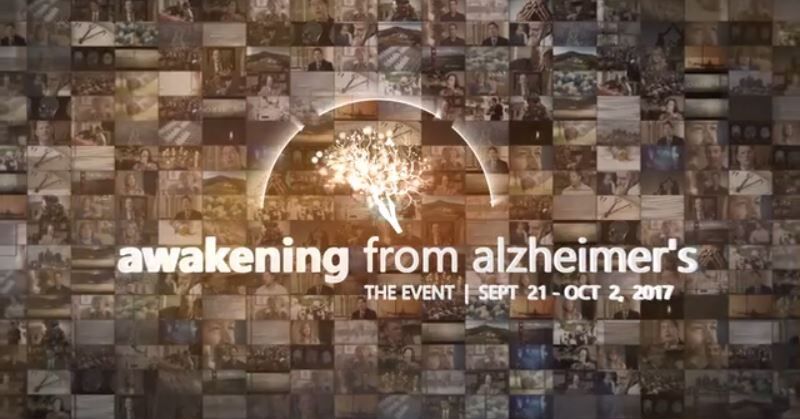The University of Pittsburgh will be conducting a clinical trial of the ketogenic diet to treat cancer. Here is a link with more information about the trial.
http://clinicaltrials.gov/ct2/show/NCT01716468?term=NCT01716468&rank=1
The concept here is that cancer cells use glucose or the amino acid glutamine as their source of energy but cannot use ketones. On a ketogenic diet with caloric restriction, there is very little glucose for the cancer cells to feed off of and they die, causing the tumor to shrink. This could allow for more easily removing the tumor by surgery, or weaken it so that it is more susceptible to chemotherapy, for example. Small metastases could outright die.
Normal cells can use glucose or ketones as fuel and so, while cancer cells are deprived of their energy source with the ketogenic diet, normal cells can readily switch over to using ketones and are not affected.
This concept is discussed in detail in the book
Cancer as a Metabolic Disease by Dr. Thomas Seyfried of Boston College, who has done extensive work studying this in glioblastoma. Animal studies conducted at University of South Florida by Dr. Dominic D'Agostino and others have shown tremendous promise. They have been looking at various combinations of ketogenic diet with other treatments, such as ketone esters and 1,3 - butanediol to raise ketone levels, other agents to lower blood sugar, and also use of hyperbaric oxygen. The results with shrinking cancerous tumors in mice have been quite dramatic for several of these combinations. A number of cancer patients are now trying this treatment with success as well.
This treatment was featured on The 700 Club recently. The video can be seen here:
http://www.cbn.com/cbnnews/healthscience/2012/december/starving-cancer-ketogenic-diet-a-key-to-recovery/Labels: brain cancer, breast, colorectal cancer, genitourinary cancer, glioblastoma, hepatobiliary, ketogenic diet, ketones, lung, melanoma, pancreatic cancer, prostate cancer, salivary gland cancer, sarcoma


